L-R: Director of Academic, Strathmore Business School (SBS), Carol Musyoka; Director of Academic Lagos Business School (LBS) Patrick Akinwuntan; Vice President, Oil and Gas, Dangote Industries Limited, Devakumar Edwin; President / CE, Dangote Industries Ltd, Aliko Dangote; Dean of Lagos Business School ( LBS) Professor Olayinka David-West; Executive Dean of Strathmore Business School(SBS) Nairobi Kenya, Dr. Caesar Mwangi, during the visit of LBS’ Global CEO Africa Programme Cohort 5 to Dangote Petroleum Refinery and Fertiliser Plant in Ibeju-Lekki Lagos on Thursday July 10,2025…
•Recounts rough path to $20bn refinery
President and Chief Executive of Dangote Industries Limited, Aliko Dangote, has once again challenged affluent Nigerians to commit their capital to the country’s economy, insisting that genuine growth can only come from substantial, home‑grown investment. He lamented the habit of exporting African wealth to foreign havens and urged business leaders to reverse the trend. “It is only through such commitment that we can drive true development,” he said.
In a recent conversation with select journalists, the industrialist reminded his peers that no nation prospers without a strong base of domestic investors. “No nation develops without significant investments. I appeal to all wealthy Nigerians to look inward and invest here, in Nigeria, for the future of our unborn kids. There is hardly any country without corruption, but the difference between there and here is that, in those other corrupt nations, they invest the stolen funds in their country and grow their economy rather than keeping it in foreign banks that will not in any way impact positively on the economy.”
Dangote argued that Africa needs bold, transformational projects to tackle chronic socio‑economic challenges—especially youth unemployment—and pointed to his own $20 billion refinery as proof that such ambition is possible. Built despite skepticism and setbacks, the facility aims to make Nigeria self‑sufficient in refined petroleum products and serve as a model for the rest of the continent.
Highlighting Africa’s dependence on fuel imports, the tycoon noted, “Apart from Algeria and Libya, which are self‑sufficient, virtually every other African country is an importer,” a reality that has left the region vulnerable to substandard products and price shocks. With roughly 125 billion barrels of proven oil reserves, he added, the continent has no excuse for failing to refine its own crude.
Dangote admitted that many observers doubted his group could deliver such a vast project and even advised him to abandon it altogether. “People think building a refinery is like building a house,” he said, recalling the scope of the undertaking. “But, as I always say, if I had known the scale of challenges we would face, I wouldn’t have started at all. We were fortunate as a group because we didn’t fully grasp what we were getting into, but we believed that nothing is impossible.”
When the project reached a critical crossroads—quit and accept huge losses or press on—the team chose to persevere. “We had to keep pushing to ensure delivery,” Dangote said. Now nearing full operation, the refinery stands as a testament to his conviction that economic independence is inseparable from political sovereignty. As long as African countries remain import‑dependent, he warned, they will struggle to escape poverty.
By urging Nigeria’s wealthy to repatriate their funds and by demonstrating what determined local investment can achieve, Dangote hopes to spark a wave of value‑added industrial ventures across the continent—ventures that will generate jobs, build resilience, and secure a more prosperous future for generations to come.



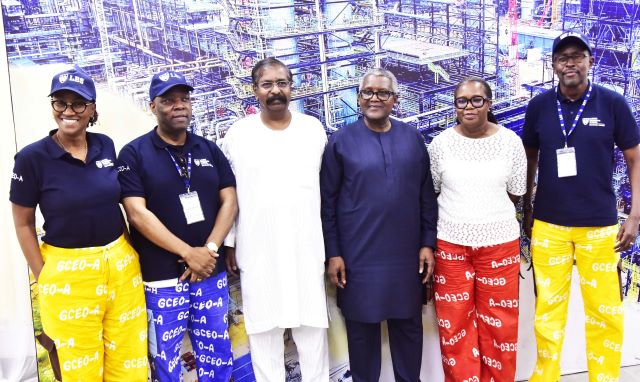
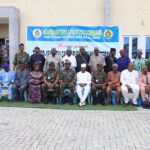
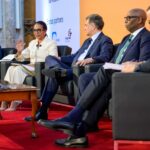
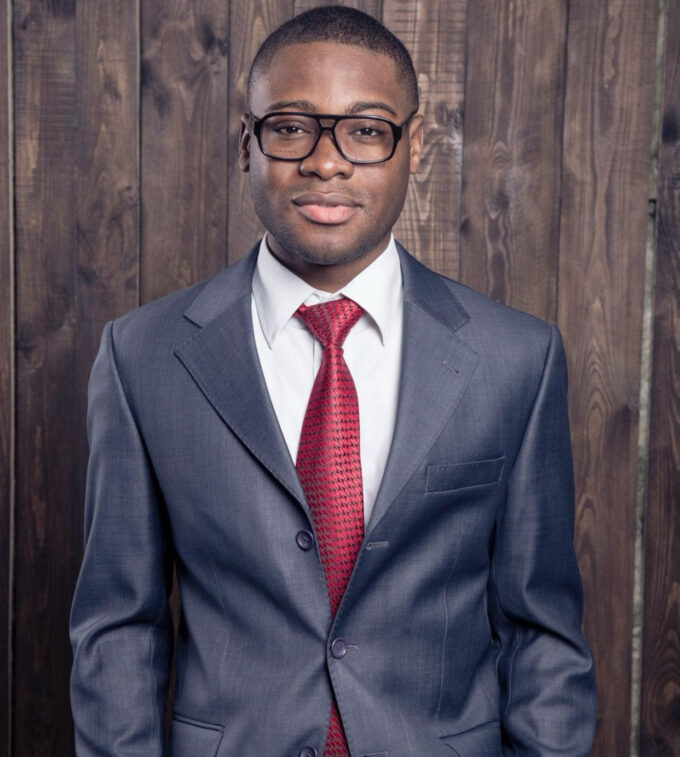
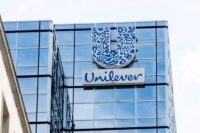







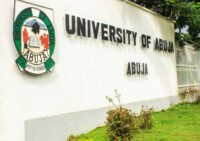
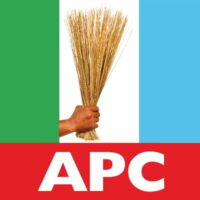

Leave a comment